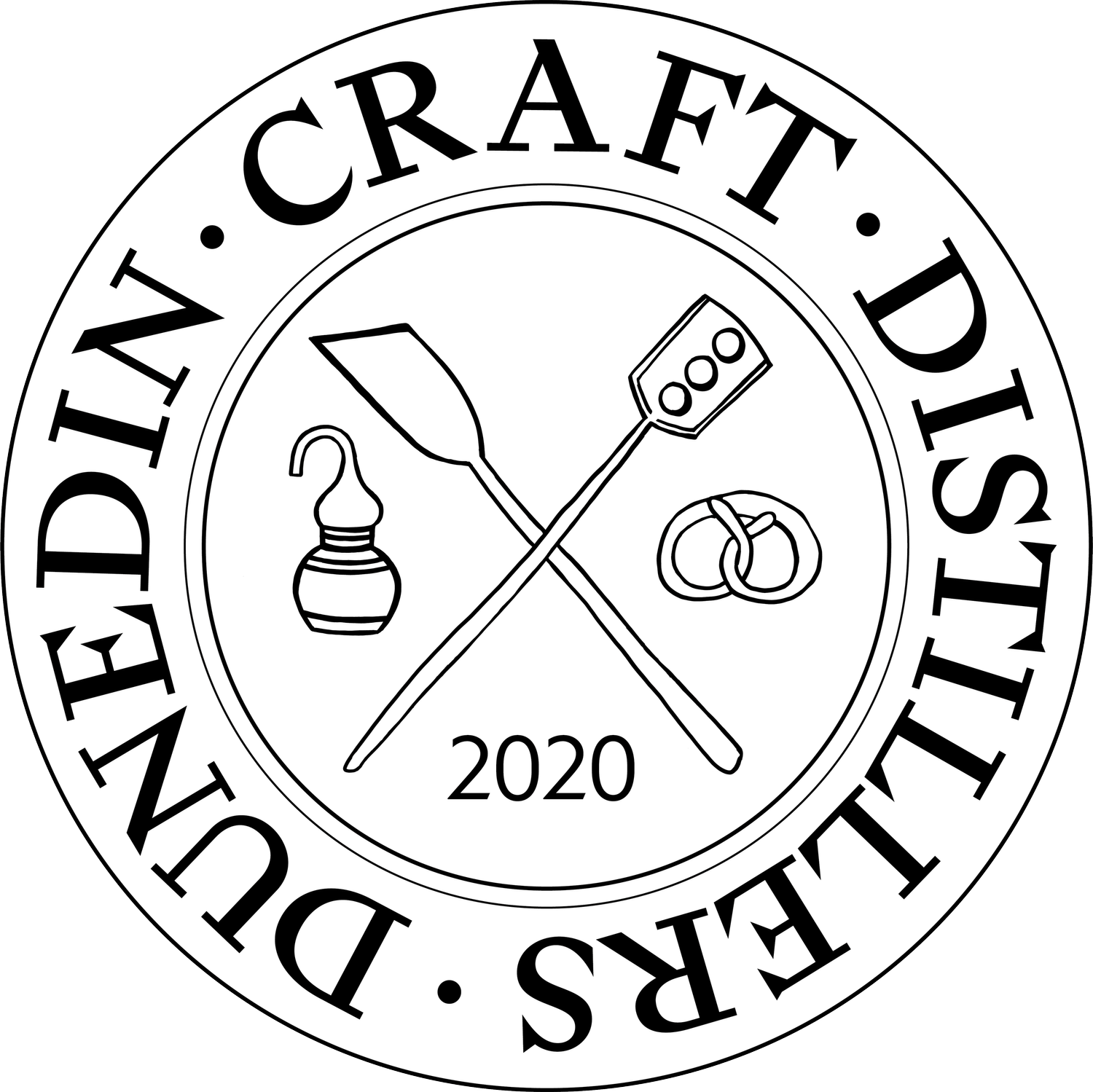Building a Sustainable Business
Goats love our bread mash waste but it has to be very fresh or dried.
Making gin and vodka from surplus bread and bakery goods has sustainable practice at its core but it’s not so simple when you start to consider the carbon costs associated with production, transport, packaging and waste.
No sooner had we celebrated creating our first products than we began to appreciate first-hand the tension between creating an environmentally sustainable business and a commercially sustainable one.
We started with a hiss and roar. We left no stone unturned in our quest for sustainably sourced and ethically produced raw materials and nothing should go to waste.
Our main waste product is the solids left after we have strained sugary syrup, destined for our fermenters, from our bread mash. The mash waste can be a useful food for stock. However, even with small volumes, we found a handful of domestic goats could not consume everything we were mashing. It went mouldy quickly and we needed to store it safely. We spent considerable time and expense exploring options for drying the mash waste but the time and costs were unsustainable. A happy compromise was found with support from Blueskin Nurseries who now use it as an addition to their commercial compost.
We had further sustainability adventures cleaning and reusing wine bottles to package our spirits. In the end, the time this took and the health and safety risks were just too great. We now source new, Visy bordeaux bottles manufactured largely from recycled glass instead. We are grateful for support from Forrest Wines, who piggy-back our small orders onto their commercial supply. This helps to keep down the cost of our labour intensive products.
In September 2020, Dunedin Craft Distillers was incorporated as a limited liability company and by Christmas 2020 we had our license to manufacture alcohol. At this point two of the original four founders, Jenny and Sue, took the plunge and decided to press on to build Dunedin Craft Distillers into a business.
For us, sustainability remains a work in progress. We believe the key will be to ensure we give equal weight to indicators of social and environmental impact as much as to financial impact in assessing the sustainability of our business. A key undertaking to our founders and to future customers and staff is to maintain this triple bottom line approach.
By January 2021 we were ramping up production, looking for premises and getting ready for sales.

